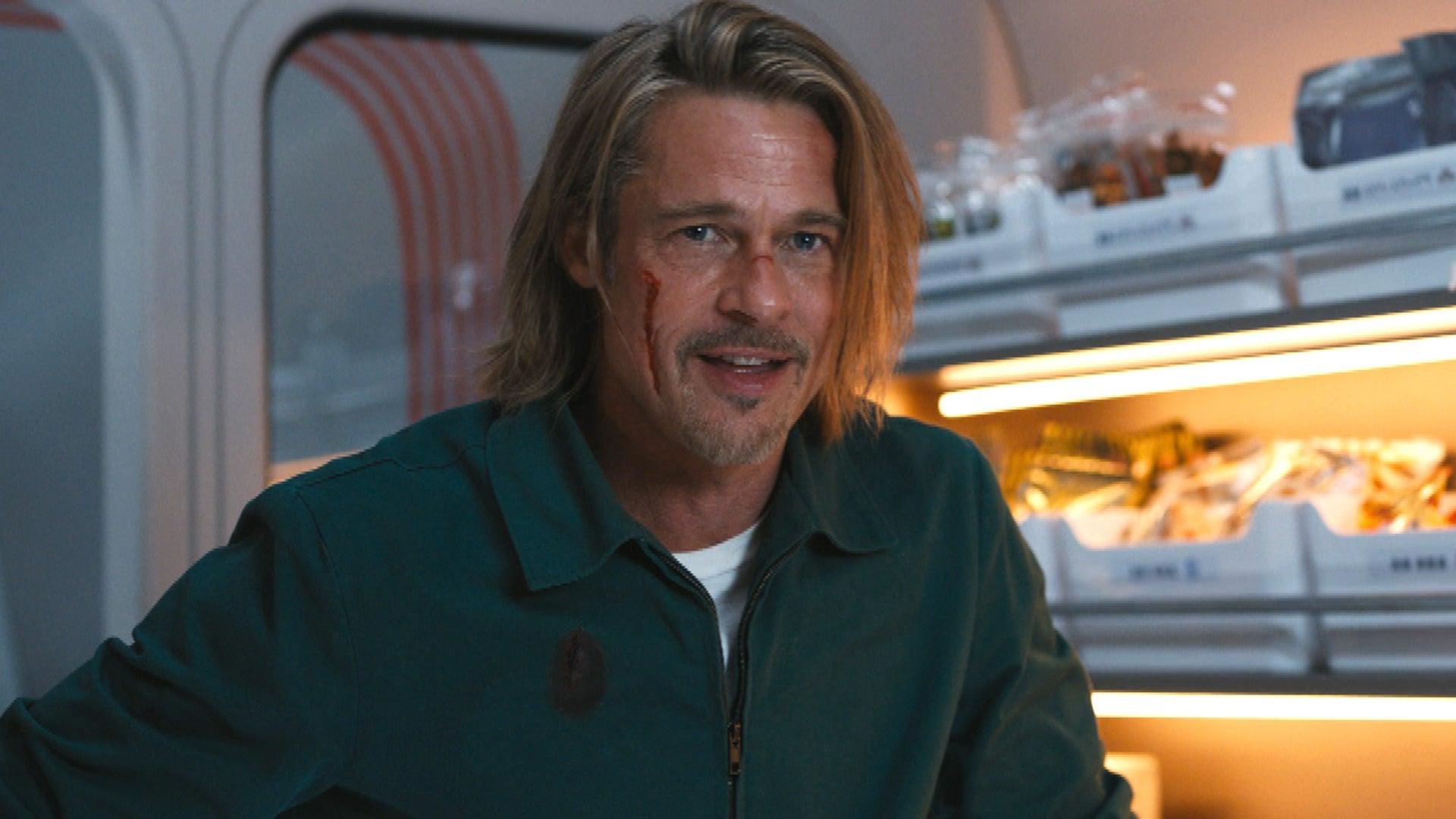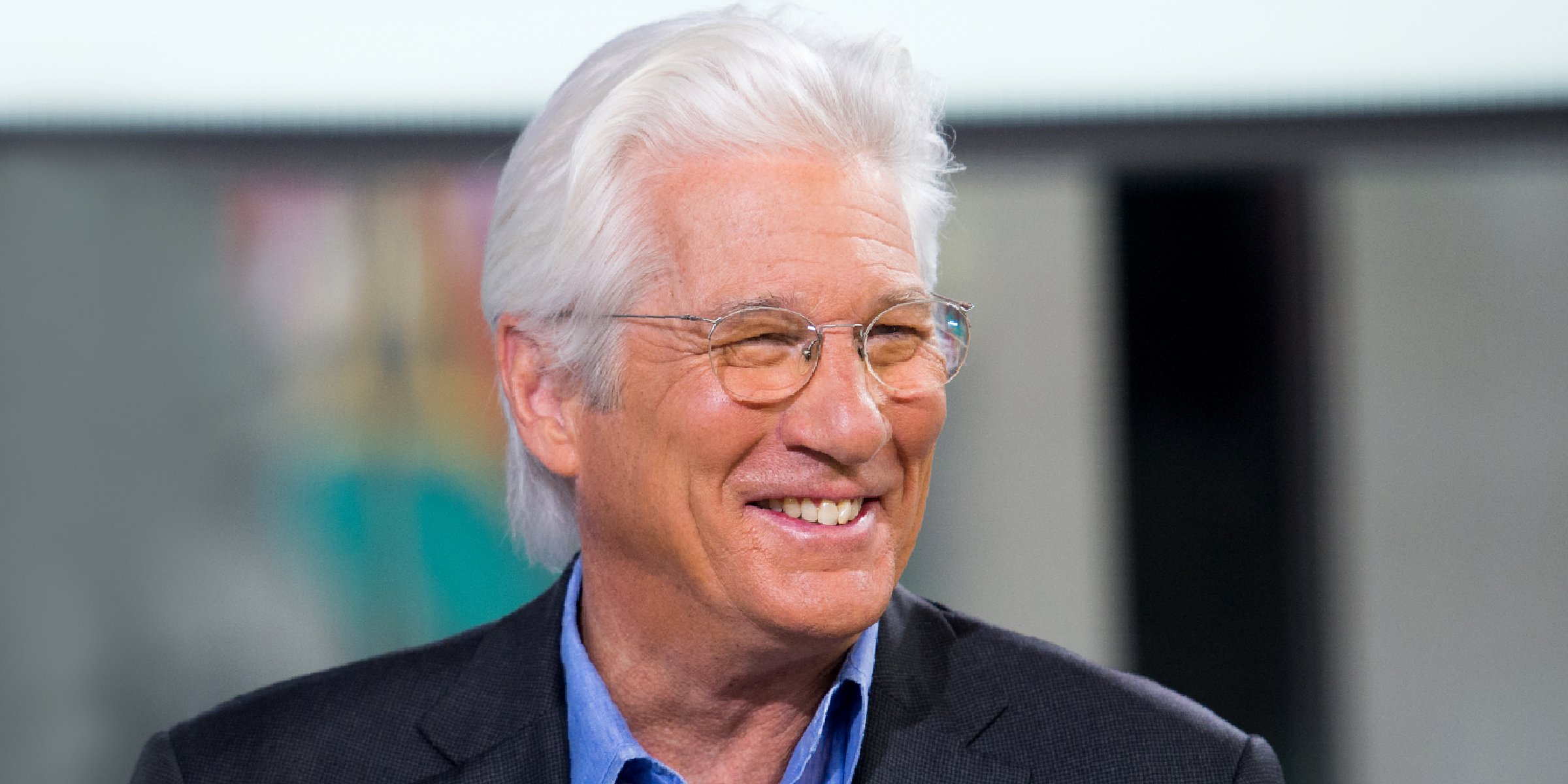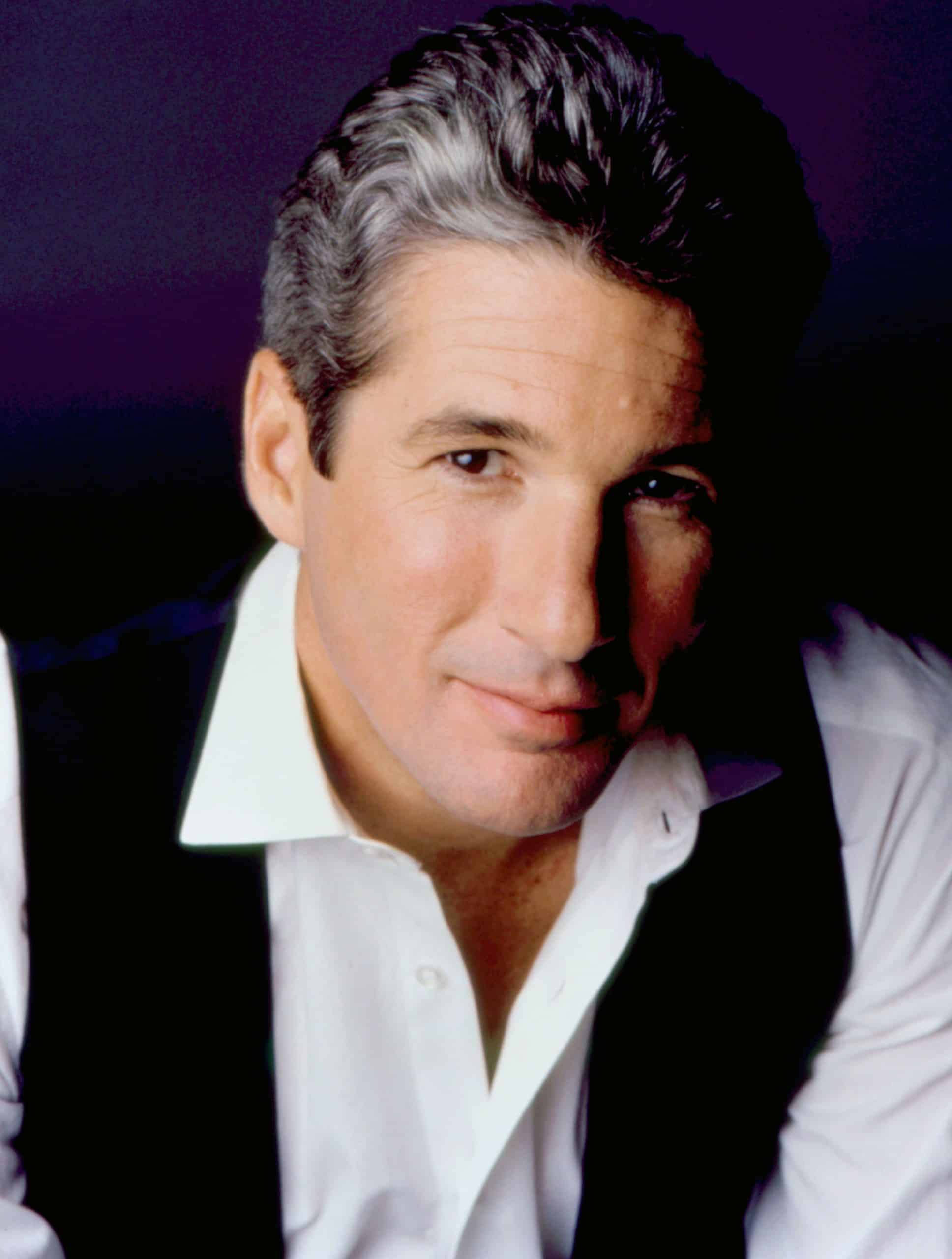For many years, Richard Gere has been a familiar face on movie screens, bringing a certain charm and often a quiet strength to the characters he plays. He possesses a distinctive screen presence, one that has captivated audiences for what seems like a very long time. You know, he just has this way of holding your attention, whether he's playing a tough guy or someone a little more gentle.
His acting journey, you see, stretches across many decades, covering a wide range of stories and parts. From those early appearances that hinted at his star power to the huge hits that made him a household name, and even the more thoughtful, independent pictures he's taken on lately, his work offers quite a story. It's really interesting to see how his approach to performing has shifted and grown over time, kind of like watching a seasoned artist refine their craft.
So, if you've ever wondered about the path his career has taken, or perhaps which of his performances really stand out, you're in the right spot. We're going to take a closer look at some of the key moments and memorable parts from his extensive list of movies. It's a chance to appreciate the different facets of his talent and, in a way, relive some classic cinematic moments.
Table of Contents
- Richard Gere - A Glimpse at the Man Behind the Movies
- How Did Richard Gere's Filmography Get Started?
- What Makes His Leading Man Roles So Memorable?
- The Evolution of the Richard Gere Filmography
- Are There Hidden Gems in His Movie Collection?
- Beyond the Camera's Eye - His Other Interests
- What Does the Future Hold for His Screen Work?
- A Reflection on a Lasting Career
Richard Gere - A Glimpse at the Man Behind the Movies
Before we get too deep into the movies themselves, it's often nice to get a little bit of a feel for the person who brings those characters to life. Richard Gere, for instance, has always seemed to carry himself with a certain quiet dignity, both on screen and off. You might say he gives off a very calm and collected vibe. He's been in the public eye for so long, and yet, there's still a sense of privacy about him, which is actually kind of refreshing in this day and age.
He's known for his acting, obviously, but he's also been quite vocal about things that matter to him, like human rights and environmental causes. This aspect of his life, you know, it sort of adds another layer to how people see him. It shows that his interests go well beyond just performing for the camera. He's genuinely invested in making a positive difference, which is something many people truly appreciate.
Personal Details and Early Life
Born in Philadelphia, Pennsylvania, back in 1949, Richard Tiffany Gere, that's his full name, grew up in a place called North Syracuse, New York. His dad, Homer George Gere, was an insurance agent, and his mom, Doris Anna Tiffany, was a homemaker. He was the second of five children, so you can imagine there was probably a fair bit of activity in that household. He even spent a couple of years at the University of Massachusetts Amherst, studying philosophy and, interestingly enough, playing gymnastics, which, you know, is a bit different for someone who ended up in movies.
- Affordable Wedding Venues In Los Angeles
- Nikki Reed Style
- Alexander Skarsg%C3%A5rd Home
- Vision Therapy Oklahoma City
- How Many People Watch General Hospital
He didn't actually finish college, choosing instead to follow his passion for performance. He tried his hand at theater, which is a common path for many actors, and really started to build his skills there. This early work on the stage, you could say, gave him a solid foundation for what was to come. It's almost like he was building up his acting muscles before stepping into the bright lights of Hollywood. This period, actually, was quite important for shaping his abilities.
| Detail | Information |
|---|---|
| Full Name | Richard Tiffany Gere |
| Date of Birth | August 31, 1949 |
| Birthplace | Philadelphia, Pennsylvania, USA |
| Nationality | American |
| Occupation | Actor, Producer |
| Years Active | 1970s–present |
| Notable Causes | Human Rights, Environmentalism, Tibetan Independence |
How Did Richard Gere's Filmography Get Started?
His first real acting appearances were actually on the stage, which is pretty typical for someone looking to get into this line of work. He even had a role in the original London production of "Grease" back in 1973, which is kind of cool to think about now. His early movie parts, however, were often smaller, supporting roles. He wasn't immediately the big star everyone knows today. You know, he had to put in the time, just like anyone else trying to make it.
One of his earliest notable movie appearances was in "Looking for Mr. Goodbar" in 1977. He played a rather intense character there, which really showed off a different side of his acting abilities. Then came "Days of Heaven" in 1978, a beautiful film where he got to work with a celebrated director. That movie, in some respects, really started to get people talking about him. It was a period where he was finding his footing, trying out different kinds of parts, and just getting a feel for how things worked in the movie business. He was, you know, building up his experience, one project at a time.
These early roles, you could say, were quite important for setting the stage for his later success. They allowed him to experiment with various types of characters and show what he was capable of. It's almost like he was doing his homework, getting ready for the bigger challenges that were just around the corner. He was developing that screen presence that would eventually become so recognizable, and you can see glimpses of it even in these initial performances. It's a pretty fascinating progression, actually.
What Makes His Leading Man Roles So Memorable?
When you think about Richard Gere, chances are a few specific movies immediately come to mind, particularly those where he played the main character. He has this knack for portraying individuals who are, you know, a bit complicated, often charming, but with a hint of something more going on beneath the surface. It's not just about good looks; it's about a certain way he carries himself, a quiet confidence that makes his characters feel real and, in a way, quite appealing. He often plays someone who seems to have things figured out, but then you see moments of vulnerability, which makes them even more interesting.
Take "American Gigolo" from 1980, for instance. He played a character who was all about style and surface, but there was a deeper story there, too. This movie really put him on the map as a leading man, establishing him as someone with undeniable screen presence. Then, of course, there's "An Officer and a Gentleman" from 1982. In that one, he played a tough, determined young man trying to make something of himself. His performance in that film was, you know, quite powerful, showing a different kind of strength. It cemented his place as a romantic lead who could also handle serious dramatic weight. People really connected with that story, and his role in it was a big part of why.
And then, you know, there's "Pretty Woman" from 1990. This movie, honestly, changed everything for him in terms of public recognition. He played a wealthy businessman who falls for someone unexpected, and the chemistry he had with his co-star was, like, absolutely off the charts. It was a huge hit, and it really showed his lighter, more charming side. That role, arguably, made him a global sensation, solidifying his image as the sophisticated, somewhat mysterious romantic lead. It's a movie that still gets talked about, and his performance is a big reason for that lasting appeal.
The Evolution of the Richard Gere Filmography
As the years went by, Richard Gere's selection of roles started to change a bit. He didn't just stick to playing the dashing romantic hero, which, you know, would have been easy to do after the success of movies like "Pretty Woman." Instead, he began to explore parts that were perhaps a little more complex, sometimes even darker, showing a desire to stretch his acting abilities. This shift was, in a way, quite a natural progression for someone who clearly wanted to do more than just repeat past successes.
Consider his work in "Primal Fear" from 1996. Here, he played a slick defense attorney, and the movie was a really gripping legal thriller. It allowed him to showcase a different kind of intensity, moving away from purely romantic roles. That performance, in particular, was very well-received and reminded people that he was, you know, a serious actor capable of handling intricate characters. It was a smart move, really, to take on something that challenged expectations.
Later on, in 2002, he starred in the musical "Chicago." This was, arguably, a surprising choice for many, but he absolutely shone in it. He sang and danced, proving that he had even more talents than people might have guessed. That movie was a huge hit, too, and it earned him some significant awards attention. It just goes to show that he was willing to take chances and try new things, which is something you see in actors who have a long and interesting career. He really seemed to enjoy that experience, and it definitely came across on screen.
In more recent years, his filmography has included a mix of smaller, independent movies that allow for deeper character studies. For example, "Arbitrage" in 2012 saw him play a troubled hedge fund magnate, a role that was, you know, quite intense and showed his capacity for portraying morally ambiguous figures. Then there was "Norman: The Moderate Rise and Tragic Fall of a New York Fixer" in 2016, where he played a rather lonely and desperate character. These roles, in some respects, have allowed him to explore different facets of the human condition, moving further away from the conventional leading man image. He's clearly looking for parts that resonate with him on a deeper level, and it shows in his performances.
Are There Hidden Gems in His Movie Collection?
When you look at a career as long and varied as Richard Gere's, it's pretty common to find a few movies that didn't get as much attention as the blockbusters, but are still, you know, really worth checking out. These "hidden gems" often show a different side of an actor's abilities or simply tell a story that, for whatever reason, didn't quite capture the public's imagination at the time. It's like finding a quiet, beautiful spot that not everyone knows about.
One movie that often gets overlooked is "The Mothman Prophecies" from 2002. It's a psychological thriller with a supernatural edge, and Richard Gere plays a journalist investigating strange occurrences. It's a very atmospheric and unsettling film, and his performance is quite restrained and effective. It's not the kind of movie you'd typically associate with him, which, in a way, makes it even more interesting. If you like something a bit spooky and thought-provoking, it's definitely one to consider.
Another one that sometimes flies under the radar is "Autumn in New York" from 2000. It's a romantic drama, yes, but it deals with some pretty heavy themes, and his performance alongside his co-star is quite moving. It didn't get the same kind of fanfare as "Pretty Woman," obviously, but it offers a more mature and, arguably, a more poignant look at love and loss. It shows a softer, more reflective side of his acting, which is, you know, something many people might appreciate if they're looking for something a little different from his usual fare.
Then there's "Unfaithful" from 2002, a very intense drama where he plays a husband dealing with his wife's infidelity. His portrayal of a man grappling with betrayal and rage is, like, really powerful and raw. It's a film that explores some very difficult emotions, and he delivers a performance that is both compelling and, in a way, quite heartbreaking. These movies, while not always the biggest hits, definitely show the breadth of his acting capabilities and are, you know, certainly worth a watch if you're curious about his less-talked-about roles.
Beyond the Camera's Eye - His Other Interests
While his work in movies is what most people know him for, Richard Gere has, you know, always had a strong connection to things outside of acting. He's been quite open about his interest in spirituality, particularly his practice of Buddhism, and his close relationship with the Dalai Lama. This personal conviction, you could say, has really shaped a lot of his life choices and public advocacy. It's not just a passing interest; it seems to be a very deep part of who he is.
He's also a very vocal supporter of human rights, especially for the people of Tibet. He's used his public platform to bring attention to their situation, speaking out and working to raise awareness. This kind of dedication to a cause, you know, it really shows a different side of him, one that's deeply committed to social justice



